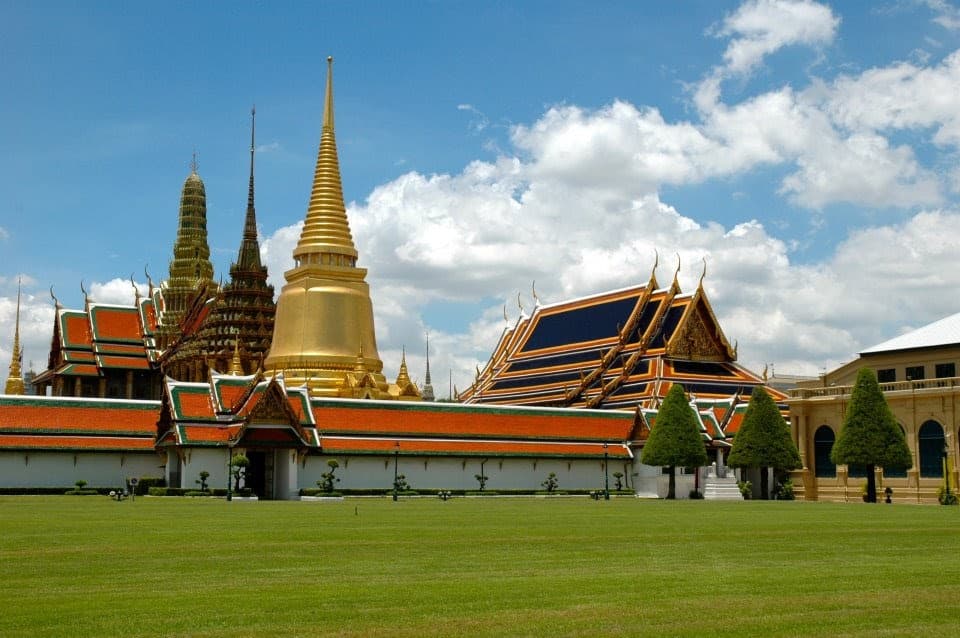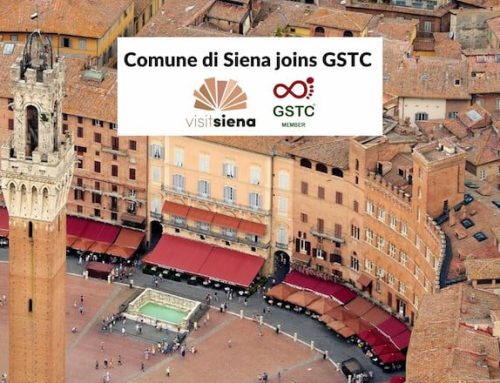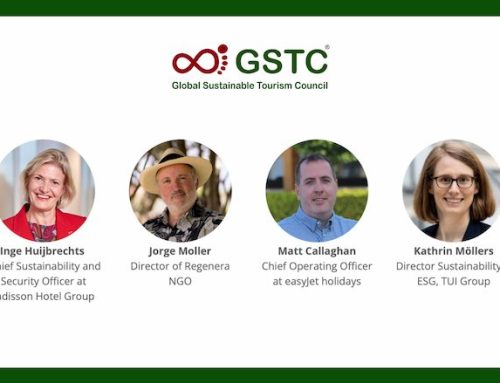Push to Certify Sustainable Destinations
The Global Sustainable Tourism Council (GSTC) has teamed up with the state-run Designated Areas Sustainable Tourism Administration (Dasta) and Mae Fah Luang University to develop experts in sustainable destination assessment. The collaboration marks a significant step for the global body in ASEAN, where Indonesia and Thailand are the first two countries chosen to develop such experts.
«A total of 62 participants, selected from 13 universities located in Dasta’s nine tourism clusters nationwide, will be trained as experts in assessing venues to meet criteria for sustainable tourism destinations,» said Dasta deputy director Chuwit Mitrchob.
Offering sustainable tourism is a magnet for world travellers. More tourists are heading to places committed to making a low impact on the environment and local culture, while at the same time creating jobs and income for local people. Being certified as sustainable venues by the GSTC confirms that destinations have met the criteria in managing tourism sustainably with regard to social, cultural and environmental aspects.
According to Mr. Chuwit, the four-day training programme includes in-depth knowledge of GSTC Criteria to prepare attendees for tourism trends in which travellers tend to focus on eco-tourism and environmental concerns. Those participants who pass the GSTC exam receive a certificate and a chance to work with Dasta as destination assessment experts to verify sustainability status.
«Thai tourism will be fully sustainable when stakeholders consisting of operators and local communities work together with Dasta acting as the main supporter,» Mr Chuwit said. «This training is also part of the Dasta co-creation process to push forward the management of sustainable destinations set by the GSTC,» he said.
Dasta plans to combine the standards of both the GSTC and Thailand’s community-based tourism in a series of practices for local communities to apply. But the GSTC criteria will be applied mainly to tourist destinations that have bigger sites than villages, such as islands and districts.
«The result of evaluation using GSTC criteria will create useful information for further research and more concrete tourism management,» Mr Chuwit said.
Dasta is developing sustainable tourism areas in nine tourism clusters featuring more than 700 communities. The sites include Bang Kachao, designated areas of southern Isan, the eastern coast, the western coast, Sukhothai Historical Park (a Unesco World Heritage Site), the Mekong River, Lanna and Nan, the central Chao Phraya and U Thong ancient city, and the Andaman Sea and southern islands.
Read the full article from Bangkok Post by Dusida Worrachaddejchai (June 5, 2019)





